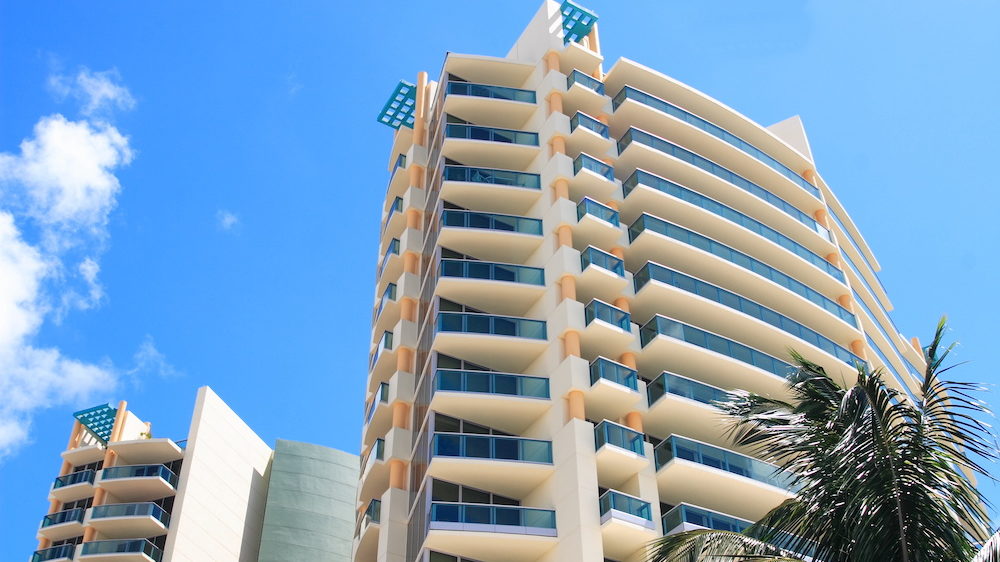
If you’re thinking of buying a condo, the condition of the building and its finances will have a direct impact on you, so it’s important to research both. Here’s what you need to know.
Basic condo facts
All condo buildings have a homeowners association. The owners of the building’s unit are its members, and they elect the association’s board of directors. Often condo boards hire a professional management company to handle property maintenance and repair, enforce association rules among the owners, collect monthly dues and manage the budget.
Monthly condo association dues cover the cost of maintaining the building, its common areas and amenities. Common areas are parts of the property that all owners can access, such as the parking lot, sidewalks, landscape, amenities, interior hallways, lobbies, elevators and stairs. Individual owners are financially responsible for the interior of their units.
The association board is responsible for having the building inspected regularly for safety. Inspection reports are part of the official documents of the association.
The importance of reserve funds
Condo associations must budget for anticipated routine repairs and insurance for the building and common areas. They also must set aside reserve funds regularly for future long-term upkeep projects involving large capital expenditures, such as replacing the building’s roof, renovating its facade, or undertaking other significant maintenance and repair projects. The condo association should figure these future costs into the owners’ monthly or quarterly dues and hold them in a reserve fund. A healthy reserve fund should have 70 percent of needed funds on hand at any given time. A reserve fund with 30 percent or less available is in a fiscally dangerous position.
It’s wise for condo boards to hire a special consulting firm to estimate the lifespan of various structural components, calculate the cost of anticipated future major repairs, determine the time needed to save for their replacement and divide that cost among the owners’ regular dues. This consultant work is called a reserve study and helps properly fund the reserve.
If an association is not regularly contributing adequate funding into a reserve for future repairs, then when a major repair project is needed, the association will have to cover the funds shortage by voting for a “special assessment” that the owners must pay. For example, if the parking lot needs repaving at a cost of $225,000 and the reserve fund has only $75,000, then a special assessment of $150,000 will have to be divided equally among the individual owners. This could be a very stiff cost to each owner.
Questions to ask as a buyer
If you are seriously considering the purchase of a condo, you and your agent should ask these important questions.
- How much are the condo dues, and how often have they been raised in recent years? Some condo boards yield to pressure from owners not to raise dues, resulting in an underfunded reserve.
- How much is in the reserve fund?
- Has the condo association had a reserve study done? If so, how recently? Is the fund at the level the consultant advised? The reserve should be at least 70 percent funded.
- Are there any special assessments planned or under consideration?
- What is the percentage of owners more than 60 days behind on condo dues? A percentage higher than 10 percent is concerning.
- Has the condo building had a complete inspection recently? What were the findings of the inspection? How often is the building inspected?
- What percentage of the units are owner-occupied and what percentage are investor-owned rentals?
- Does the condo association have sufficient property and liability insurance? This is the master policy that covers the structure and common areas not owned by the condo owners.
The condo board or the management company will have the information to answer these questions. But they are not obligated to answer them and may not do so until you are under contract for a unit.
If you are getting a mortgage, your lender will certainly look at the condo association’s financials and ask questions. New federal lending rules taking effect in 2022 may deny loans in situations where buildings have deferred maintenance issues and/or special assessments to fix them.
Related – Is a Ground-Floor Apartment or Condo Right For You?


